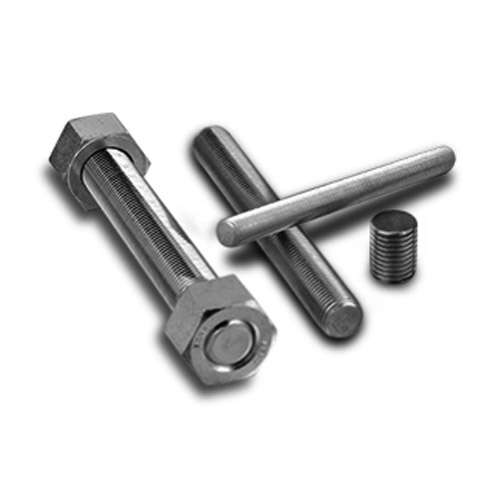heat resistant fuel line
Dec . 04, 2024 16:52 Back to list
heat resistant fuel line
The Importance of Heat Resistant Fuel Lines in Automotive Engineering
In an age where automotive technology continues to evolve, ensuring the safety and efficiency of vehicles is paramount. One critical component that often goes unnoticed yet plays a vital role in any vehicle's performance is the fuel line. When discussing fuel lines, particularly in high-performance or heavy-duty vehicles, heat resistant fuel lines emerge as an essential topic. These lines are designed to withstand extreme temperatures and pressures, safeguarding not only the vehicle's efficiency but also the safety of the occupants.
Understanding Fuel Lines
Fuel lines are tubes that transport fuel from the tank to the engine. This process forms the heart of the automotive fuel delivery system. Historically, these lines have been made from various materials, including rubber, metal, and plastics. However, the challenge lies in the materials' ability to withstand aggressive conditions, such as high temperatures and corrosive fuels. Any failure in the fuel line can lead to fuel leaks, which endanger the vehicle's integrity and risk life-threatening fires.
The Need for Heat Resistance
One of the most significant threats to fuel lines is heat. Engines generate substantial heat during combustion, and this heat can radiate to adjacent components, including fuel lines. Inadequate heat resistance can lead to degradation of the line’s material, resulting in cracks, leaks, and eventual failure. This risk is compounded in performance and racing applications, where high temperatures are the norm.
Heat resistant fuel lines are designed specifically to mitigate these risks. They are constructed from advanced materials, such as fluorocarbons or stainless steel, which can endure higher temperatures without deteriorating. Additionally, they often come with insulation or protective coatings that further enhance their heat-resistance capabilities.
Benefits of Heat Resistant Fuel Lines
heat resistant fuel line

1. Safety First The primary advantage of using heat resistant fuel lines is enhanced safety. With their ability to withstand high temperatures, these fuel lines significantly reduce the likelihood of leaks and potential fires. This is particularly crucial in environments where engines may overheat or in vehicles used for racing or heavy-duty tasks.
2. Enhanced Performance Vehicles equipped with heat-resistant fuel lines experience improved fuel delivery efficiency. As these lines maintain structural integrity under extreme conditions, vehicles can achieve optimal combustion, resulting in better performance and fuel economy.
3. Durability and Longevity While standard fuel lines may require frequent replacement due to wear and heat damage, heat resistant options tend to last longer. This resilience not only reduces maintenance costs but also limits the downtime of a vehicle, which is especially advantageous for commercial applications.
4. Versatility Heat resistant fuel lines can accommodate a wide variety of fuels, including those with corrosive properties. This versatility makes them suitable for numerous applications, ranging from everyday consumer vehicles to specialized machinery.
Technological Advances
Recent advancements in material science have paved the way for the development of even more effective heat resistant fuel lines. Innovations that incorporate high-performance polymers and composite materials are revolutionizing the industry. These advancements not only improve resistance to heat but also address challenges related to flexibility and weight. For manufacturers and engineers, this presents an exciting opportunity to design lighter and more efficient vehicles without compromising safety.
Conclusion
In summary, heat resistant fuel lines are crucial components that contribute significantly to the safety, efficiency, and longevity of vehicles. As automotive technologies advance, the demand for reliable fuel delivery systems that can withstand extreme conditions will continue to grow. Utilizing heat resistant materials not only enhances vehicle performance but also ensures the safety of drivers and passengers alike. As we move forward, manufacturers and engineers must prioritize these innovations to create safer and more efficient vehicles, reflecting the needs of an ever-evolving automotive landscape. In essence, investing in heat resistant fuel lines is not merely a consideration; it is a necessity for the future of safe and efficient automotive engineering.
